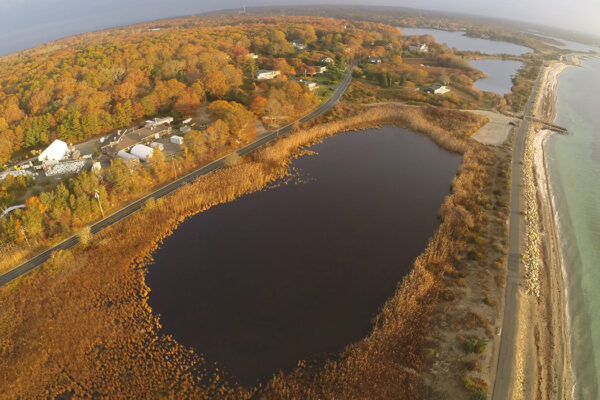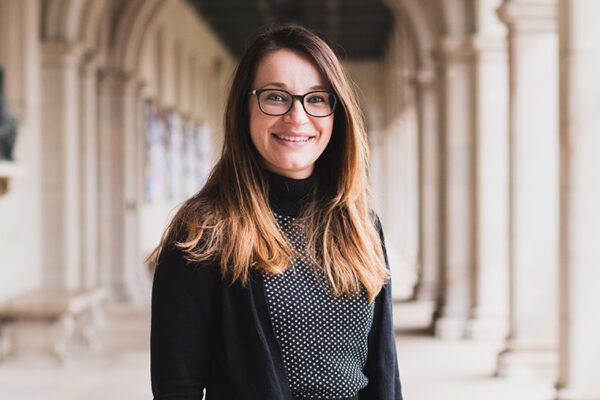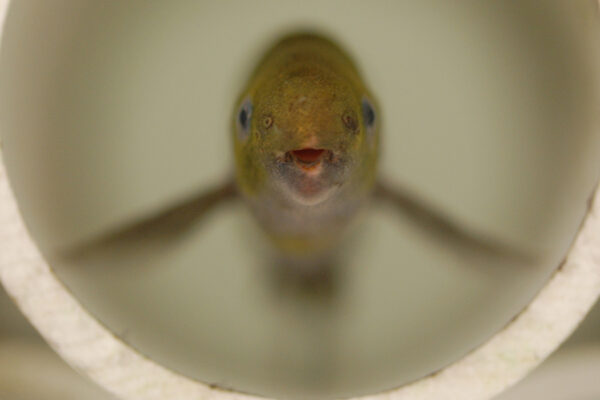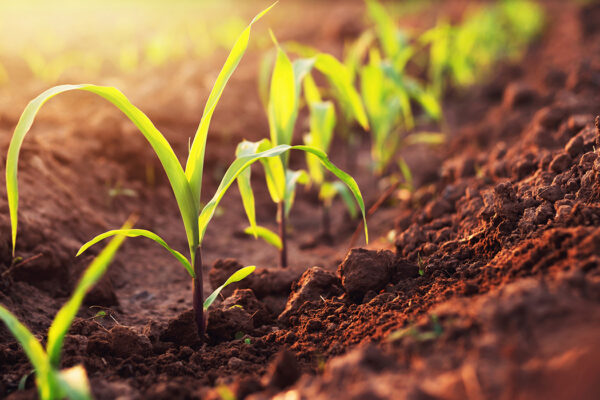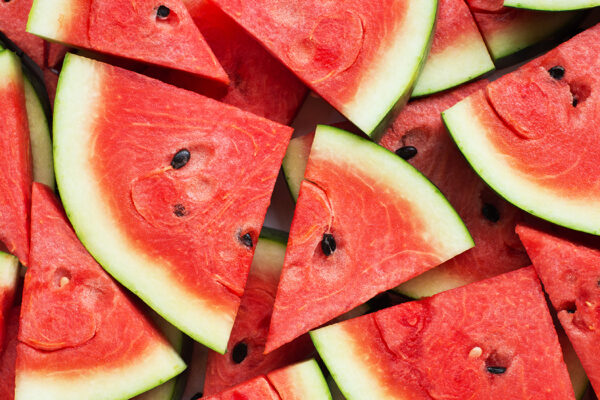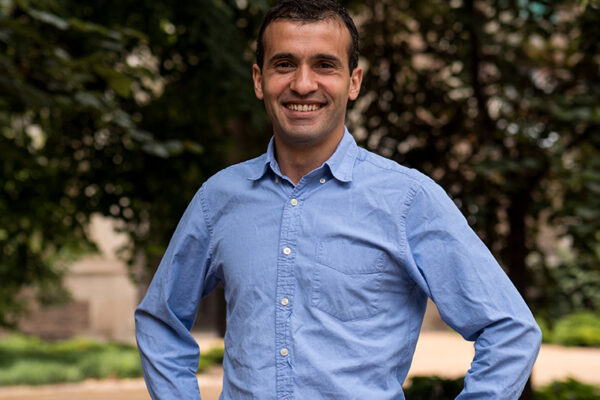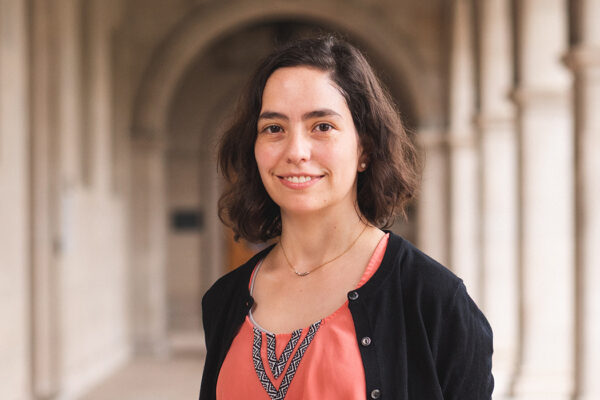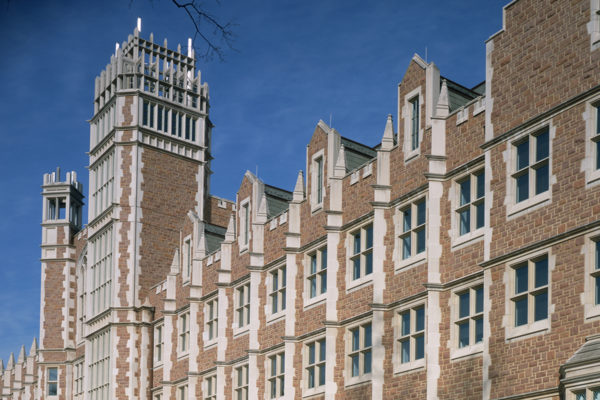A ‘jolt’ for ocean carbon sequestration
Global oceans absorb about 25% of the carbon dioxide released into the atmosphere when fossil fuels are burned. Electricity-eating bacteria known as photoferrotrophs could provide a boost to this essential process, according to new research from biologist Arpita Bose in Arts & Sciences.
New tool activates deep brain neurons by combining ultrasound, genetics
A multidisciplinary team at Washington University led by Hong Chen has developed a new brain stimulation technique using focused ultrasound that is able to turn specific types of neurons in the brain on and off and precisely control motor activity without surgical device implantation.
Cohen, Moreland win Earth and Planetary Sciences awards
Maia Cohen and Ellie Moreland, who graduated in May, each received named prizes in special recognition for their academic achievement.
Piarulli receives early-career research award
Maria Piarulli, assistant professor of physics in Arts & Sciences, was selected by the Department of Energy’s Early Career Research Program for her research program, “From Atomic Nuclei to Infinite Nucleonic Matter within Chiral Dynamics.”
Electric fish — and humans — pause before communicating key points
Biologist Bruce Carlson in Arts & Sciences draws parallels between human language and electric communication in fish. His new research published in Current Biology reveals an underlying mechanism for how pauses allow neurons in the midbrain to recover from stimulation.
Made in the shade or fun in the sun
A new study from the laboratory of Rick Vierstra in Arts & Sciences helps explain how proteins called phytochromes respond to light intensity and temperature, thus enabling land plants to colonize the planet many millions of year ago.
A seedy slice of history: Watermelons actually came from northeast Africa
Using ancient DNA and tools from the modern genomic age, Susanne Renner in Arts & Sciences discovered that domesticated watermelons most likely came from wild crop progenitors near Sudan.
Zaher wins NIH grant
Hani Zaher, associate professor of biology in Arts & Sciences, won a four-year $1.2 million award from the National Institutes of Health (NIH) for a project titled “Reading Frame Maintenance by the Ribosome during Stalling.”
Laura Escobar Vega: Building mathematical bridges
Laura Escobar Vega, assistant professor of mathematics and statistics in Arts & Sciences, shows students and young professionals new ways to connect with math and see themselves in the field.
Association recognizes two psychology students for quality research
Two psychological and brain sciences students in Arts & Sciences received Research Excellence Awards from the Federation of Associations in Behavioral & Brain Sciences.
Older Stories
